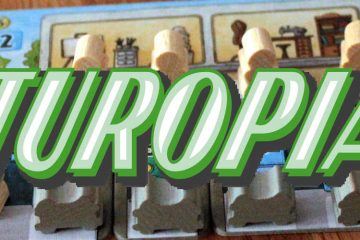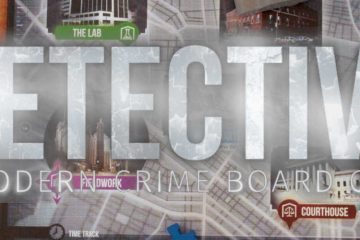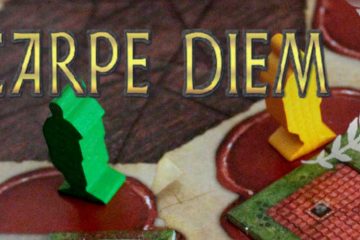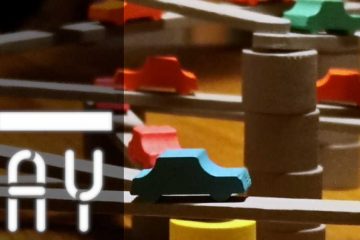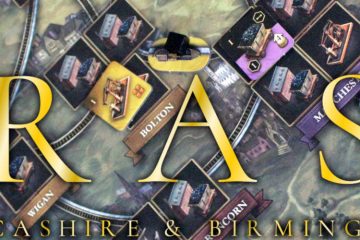Friedemann Friese wants us to build a utopia. Not the kind where we all have jet packs and go to the moon for brunch, but a more achievable kind. The kind of utopia where we all have enough food and energy and can spend our days doing things we enjoy, not at a job that is slowly but inevitably draining my will to live, where every hour makes me long for the sweet embrace of the grave, where the only way anything will ever change is for the worse… sorry, what was I talking about?
Oh yeah, Futuropia. Even that small kind of utopia doesn’t come for free, initially. Someone has to make it work first. Your mission, should you choose to accept it: build a condominium that produces its own food and energy and where all the work is done by robots.
